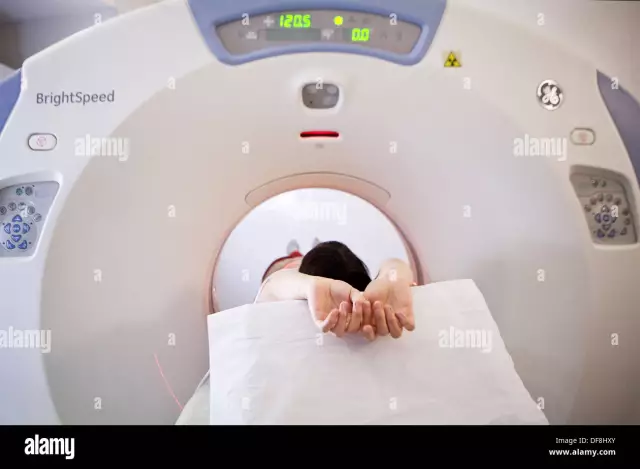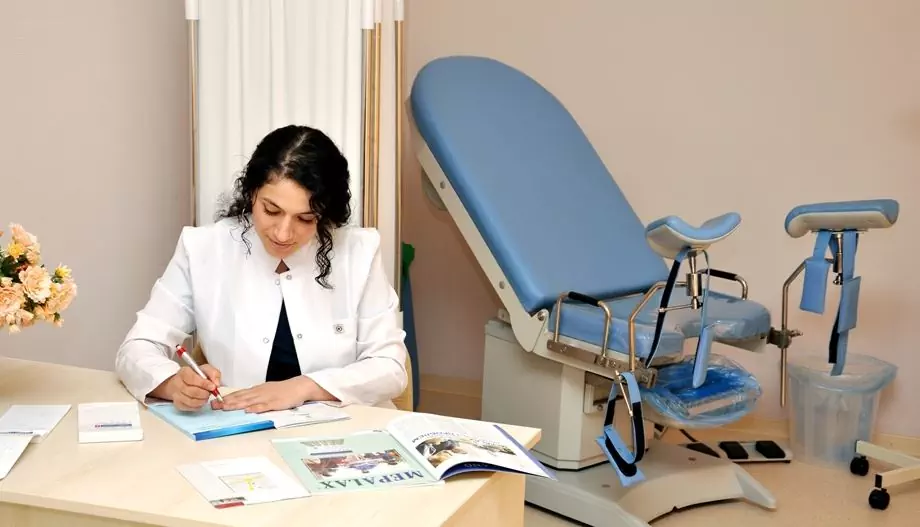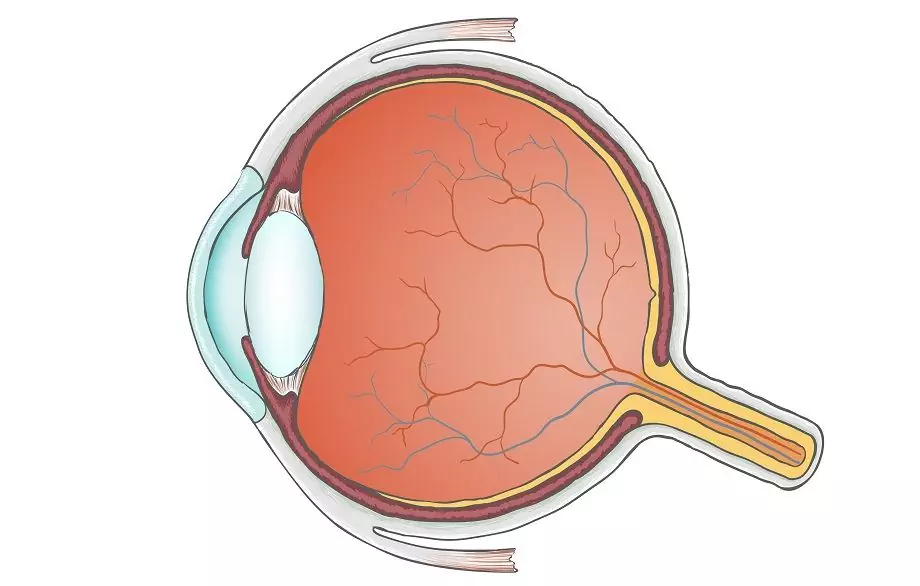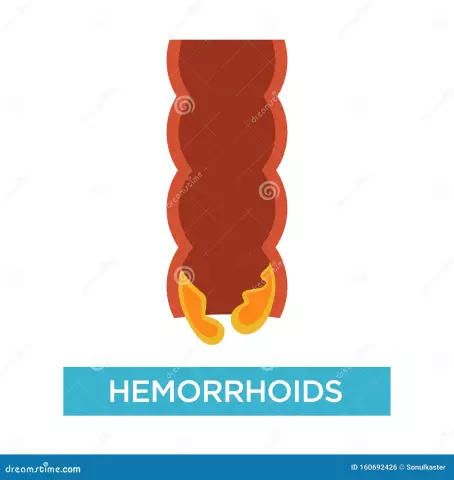- Author Rachel Wainwright wainwright@abchealthonline.com.
- Public 2023-12-15 07:39.
- Last modified 2025-11-02 20:14.
Proctologist
Proctology is a science that studies diseases of the anus, pararectal region and colon. Proctology is a very delicate and dynamically developing branch of medicine.
A proctologist is a doctor who specializes in the treatment and diagnosis of diseases of the perineum, anus and rectum. The number of specialists in this profession is small, despite the fact that colon tumors rank first among all oncological diseases. Colon diseases are treated by a coloproctologist.

The history of the development of proctology
The diseases studied by modern proctology were also of interest to scientists of ancient times. They were investigated by Hippocrates in the fourteenth century BC, and Ibn Sina wrote about these diseases in the tenth-sixteenth centuries. From the beginning of the nineteenth century, proctology was mastered in practice by Solomon, Butkovsky, Karpinsky, Buyalsky, Velyaminov. By the beginning of the twentieth century, about 500 research papers on proctology had been published. Among all scientific works, the work of the scientist Fedorov, who developed the first sigmoidoscope, stood out especially. Russia owes a lot of research to diseases to Braitsev, Spasokukotsky, Kholdin, Vishnevsky.
In 1835, for the first time in London, an educational institution was opened, which trained specialists for work in this field of medicine.
Reasons to see a proctologist
Based on the reviews, patients usually turn to a proctologist with hemorrhoids, proctitis, constipation, rectal prolapse, itching in the anus, polyps and papillomas of the anus, focal hyperplasia of the sigmoid and rectum, and rectal discharge. But most often, patients with hemorrhoids, a disease of the rectum associated with vasodilation, are registered with a proctologist.
You should come to the examination of the proctologist when you feel discomfort, pain and itching, constant or temporary difficulty in emptying the intestines, discharge (purulent, mucous or bloody), palpation of seals and bumps, incontinence of feces and gas, as well as false urge to defecate.
Preventive examination by a proctologist is required before any planned abdominal surgery. After the operation, the patient must adhere to a diet for some time, which may affect the functioning of the intestines, especially the rectum.
Judging by the reviews, patients over 45 years of age most often turn to the proctologist, since the most common diseases such as hemorrhoids and bowel cancer are age-related. These diseases hardly occur in young patients.
Reception of a proctologist
Based on the reviews, proctologists carry out the appointment, taking into account the gender and age of the patient. So, female patients are examined by a woman proctologist, and men, as a rule, are received by a man proctologist. Children's diseases are treated by a children's proctologist.
The specificity of the specialty requires extensive knowledge from the proctologist in many branches of medicine. He must be able to identify diseases related to venereology, oncology, gynecology, know urology, and also be able to find a psychological approach to each patient.
At the beginning of the appointment, the proctologist asks in detail about the symptoms, finds out the genetic predisposition, studies the records of other specialists in the medical record. Judging by the reviews, the proctologist quite often asks to tell in detail about the patient's dietary preferences and lifestyle.
During the appointment, the proctologist examines all parts of the large intestine to exclude malignant cancers that have similar symptoms to other diseases. Based on the results of the examination, the proctologist sometimes refers the patient to another specialist to expand the overall picture of the disease.
Diagnosis of the disease usually takes about an hour. Most of this time is taken by bowel cleansing and patient preparation. To diagnose diseases, the doctor conducts a finger examination, examination using a special medical device - an anoscope. Today, a proctologist has at his disposal a fairly large arsenal of various diagnostic techniques that allow a very accurate study of the patient's intestinal diseases. If necessary, he can additionally prescribe colonoscopy, sigmoidoscopy, irrigoscopy, biopsy of the intestinal mucosa, scatological examination, DNA diagnostics, examination of motor and excretory functions, laboratory tests.
Based on the data obtained, the doctor makes a diagnosis and selects the most effective treatment plan. Medicines are selected individually. Sometimes surgery is prescribed or vacuum ligation (tugging) of latex rings of internal nodes and removal of external nodes using a radio wave device.
Found a mistake in the text? Select it and press Ctrl + Enter.






